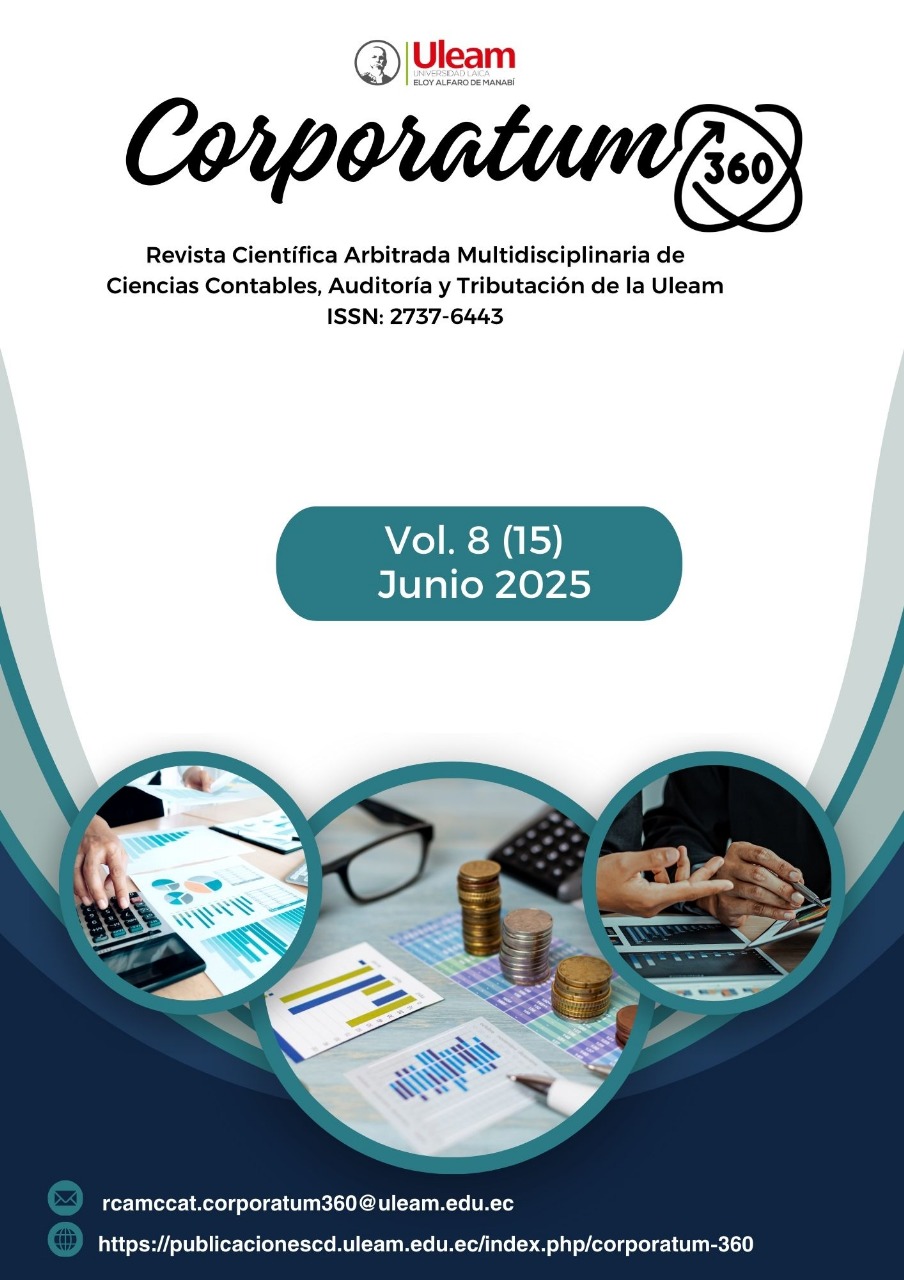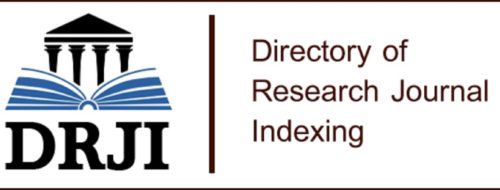Implementación de la gamificación en la comprensión de conceptos matemáticos aplicados a la Contabilidad de Tercer Nivel.
DOI:
https://doi.org/10.56124/corporatum-360.v8i15.014Keywords:
gamificación , matemáticas contables, educación superior, metodología activaAbstract
The present study aimed to evaluate the effectiveness of gamification as an innovative strategy for overcoming challenges in teaching applied mathematics to accounting to Ecuadorian third-level students. Given the prevalence of ineffective traditional methods and negative attitudes toward the subject, the implementation of a fun and dynamic approach based on interactive activities designed on the Moodle platform, which was not used at the institute, was proposed. To determine whether the 15.69% improvement in academic performance observed in the majority of students after implementation was a genuine result and not a product of chance, the concept of statistical significance was used. As explained by Manterola et al. (2008), statistical significance, often assessed using the "p" value, helps discern whether the results of a study are sufficiently probable to not be attributed to random variability. In this case, by applying appropriate statistical tests to the performance data, the 15.69% improvement was determined to be statistically significant (p<0.05), suggesting that the students' increased understanding of key accounting concepts and increased participation in activities were determining factors in the improvement of their academic performance.
Downloads
References
Basteri, C. B. (2022). Gamificación educativa como estrategia didáctica alternativa para la enseñanza de Contabilidad, Administración y/o Economía en la escuela secundaria. Universidad Abierta Interamericana Repositorio Digital. https://repositorio.uai.edu.ar/items/bffb1f33-c2e9-4c1b-9f8c-85fb5d855442
Campbell, D. T., & Stanley, J. C. (1966). Diseños experimentales y cuasiexperimentales en la investigación social. Amorrortu editores.
Castro-Velásquez, M. J., & Rivadeneira-Loor, F. Y. (2022). Posibles Causas del Bajo Rendimiento en las Matemáticas: Una Revisión a la Literatura. Polo del Conocimiento, 7(2), 1089–1098. https://doi.org/10.23857/pc.v7i2.3635
García, A. (2018). Gamificación en la enseñanza: Estrategias y aplicaciones. Editorial Universitaria.
García Ortiz, Yaritza, Machado Álvarez, Claudia, Cruz Martín, Omar, Mejías León, Mairelys, Machado Machado, Yurianely, & Cruz Lorenzo, Claudia. (2015). Utilidad y riesgo en el consumo de nuevas tecnologías en edad temprana, desde la perspectiva de los padres. Humanidades Médicas, 15(1), 88-106. Recuperado en 20 de diciembre de 2024, de http://scielo.
García OY, López de Castro MD, Rivero FO. Estudiantes universitarios con bajo rendimiento académico, ¿qué hacer?. EduMeCentro. 2014;6(2):272-278. https://www.medigraphic.com/cgi-bin/new/resumen.cgi?IDARTICULO=49057
González-Acosta, E., Almeida-González, M., Torres-Chils, A., & Traba-Montejo, Y. M. (2020). La gamificación como herramienta educativa: el estudiante de contabilidad en el rol del gerente, del contador y del auditor. Formación Universitaria, 13(5), 155–164. https://doi.org/10.4067/s0718-50062020000500155
Jama-Zambrano, V. R., & Cornejo-Zambrano, J. K. (2023). La Construcción de las Matemáticas a partir de los Recursos de Gamificación. Revista Docentes 2.0, 16(2), 138–142. https://doi.org/10.37843/rted.v16i2.388
Kapp, K. M. (2012). The Gamification of Learning and Instruction [1 ed.] (R. Taff, Ed.). Pfeiffer Wiley.
Manterola, Carlos, & Otzen, Tamara. (2015). Estudios Experimentales 2 Parte: Estudios Cuasi-Experimentales. International Journal of Morphology, 33(1), 382-387. https://dx.doi.org/10.4067/S0717-95022015000100060
Manterola D, & Pineda N, Viviana. (2008). El valor de "p" y la "significación estadística": Aspectos generales y su valor en la práctica clínica. Revista chilena de cirugía , 60 (1), 86-89. https://dx.doi.org/10.4067/S0718-40262008000100018
Ortiz Soto, V. (2009). Ejercicios para fortalecer el aprendizaje del cálculo numérico en los estudiantes de primer año de la especialidad Contabilidad (Doctoral dissertation, Centro Universitario de Sancti Spíritus José Martí Pérez)
Zamora, J. (2020). Las actitudes hacia la matemática, el desarrollo social, el nivel educativo de la madre y la autoeficacia como factores asociados al rendimiento académico en matemática. UNICIENCIA, 34(1), 74–87.
Downloads
Published
How to Cite
Issue
Section
License
Copyright (c) 2025 Revista Científica Arbitrada Multidisciplinaria de Ciencias Contables, Auditoría y Tributación: CORPORATUM 360 - ISSN: 2737-6443.

This work is licensed under a Creative Commons Attribution-NonCommercial-ShareAlike 4.0 International License.


5.jpg)













